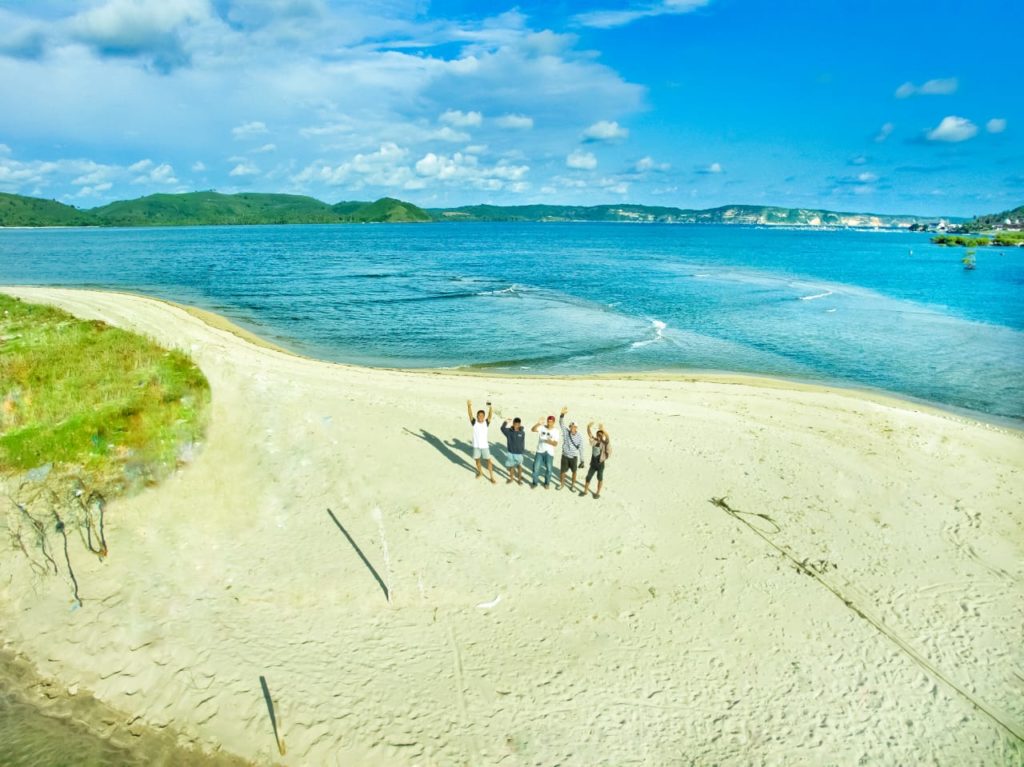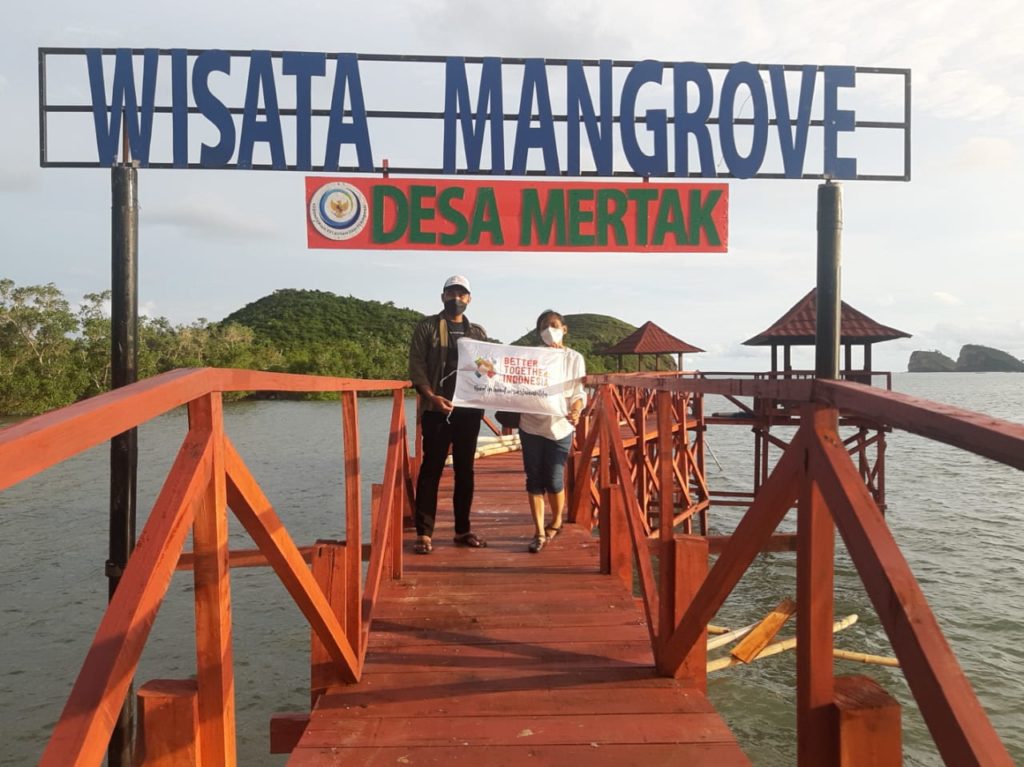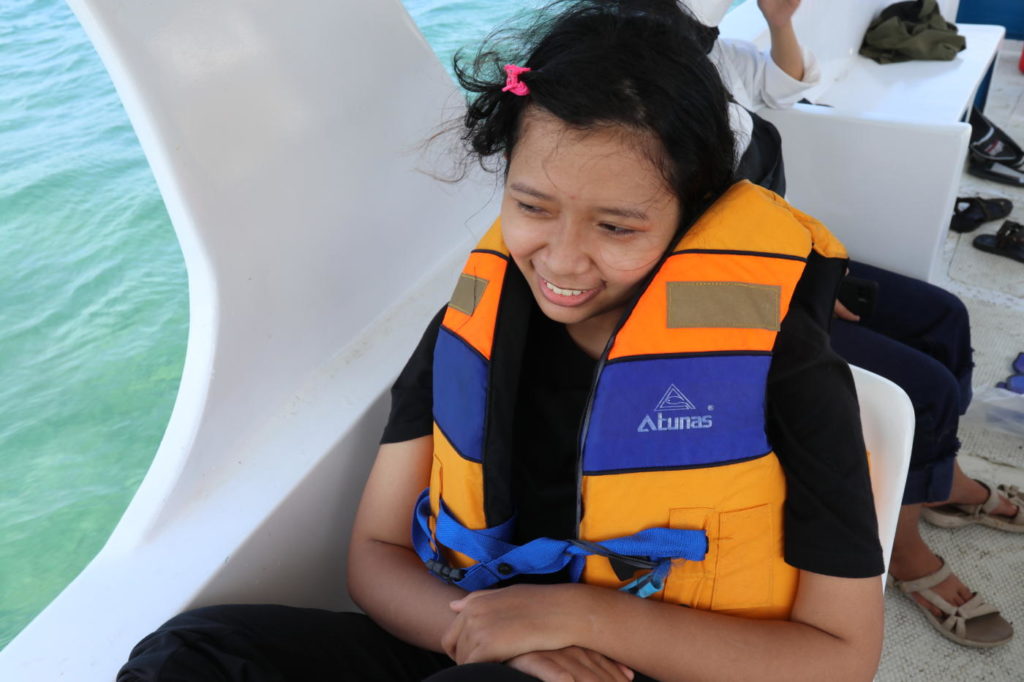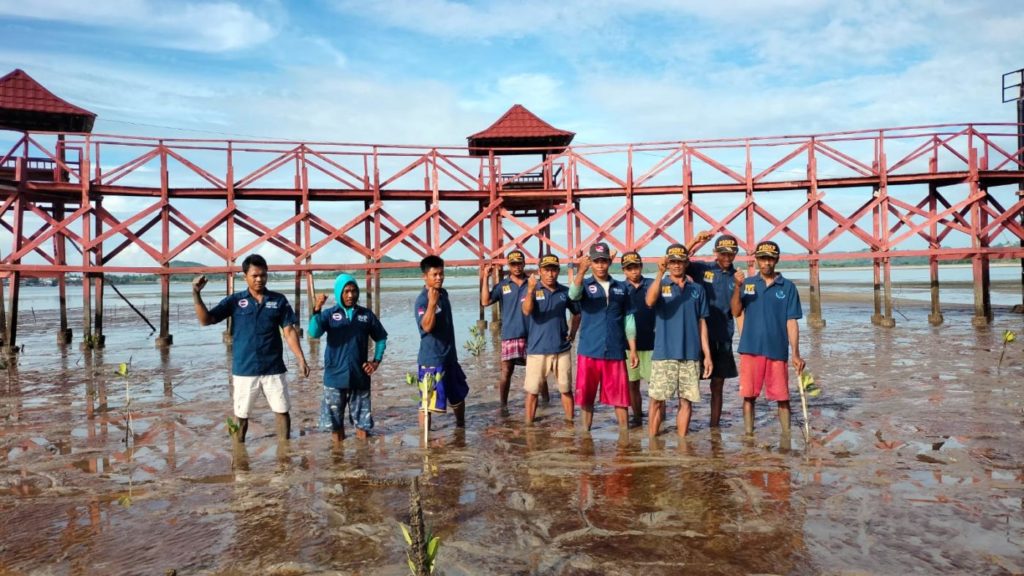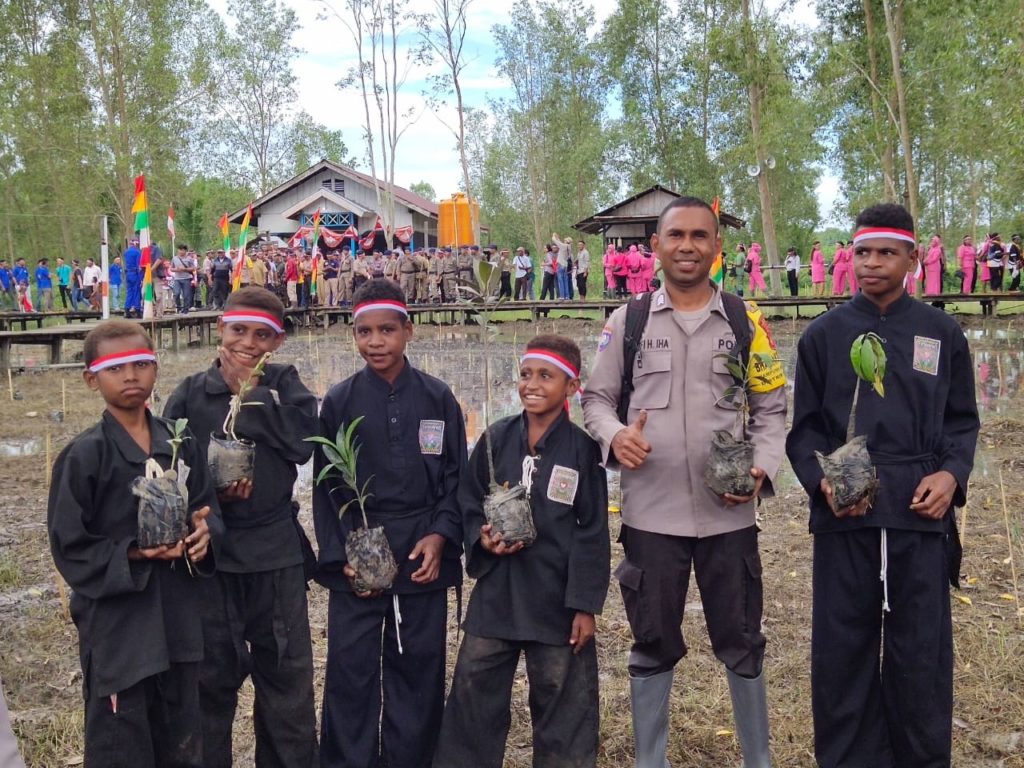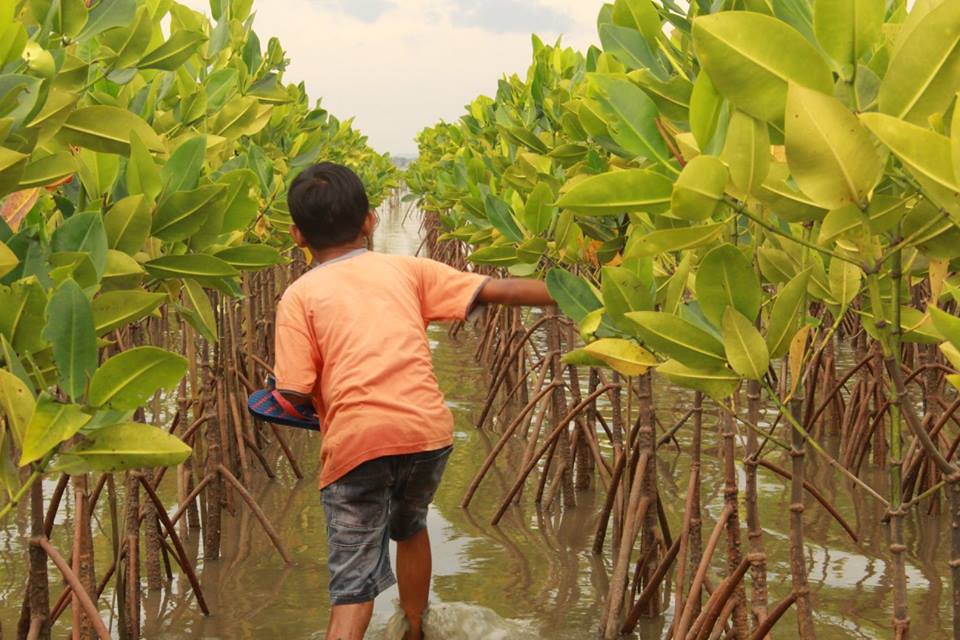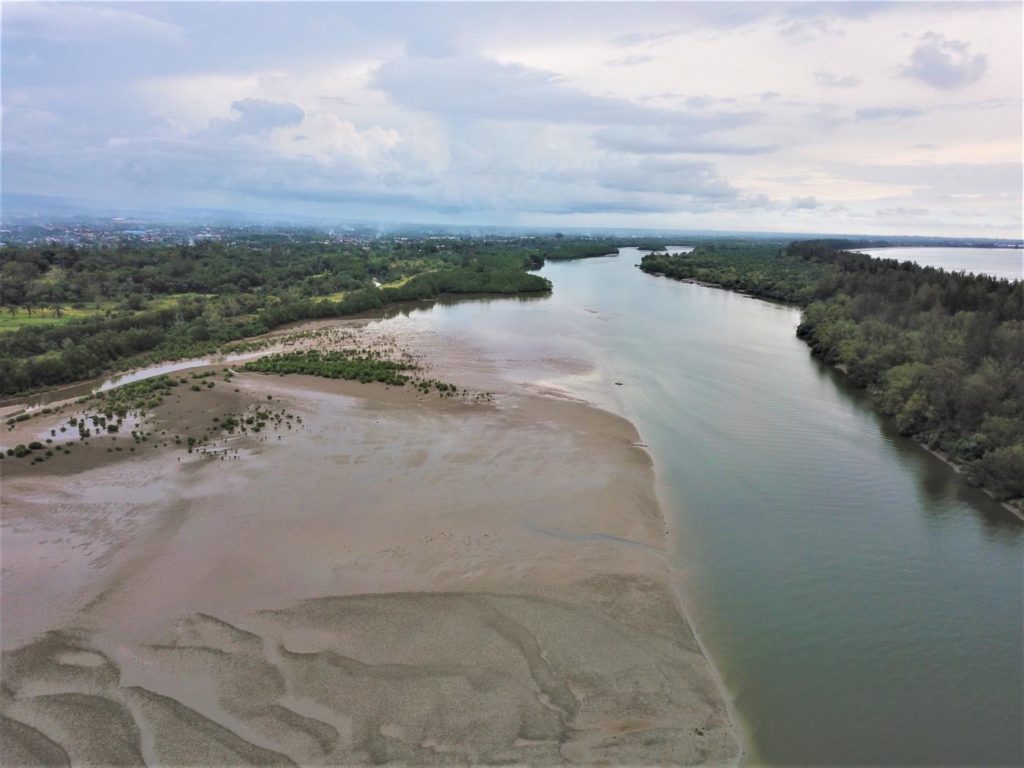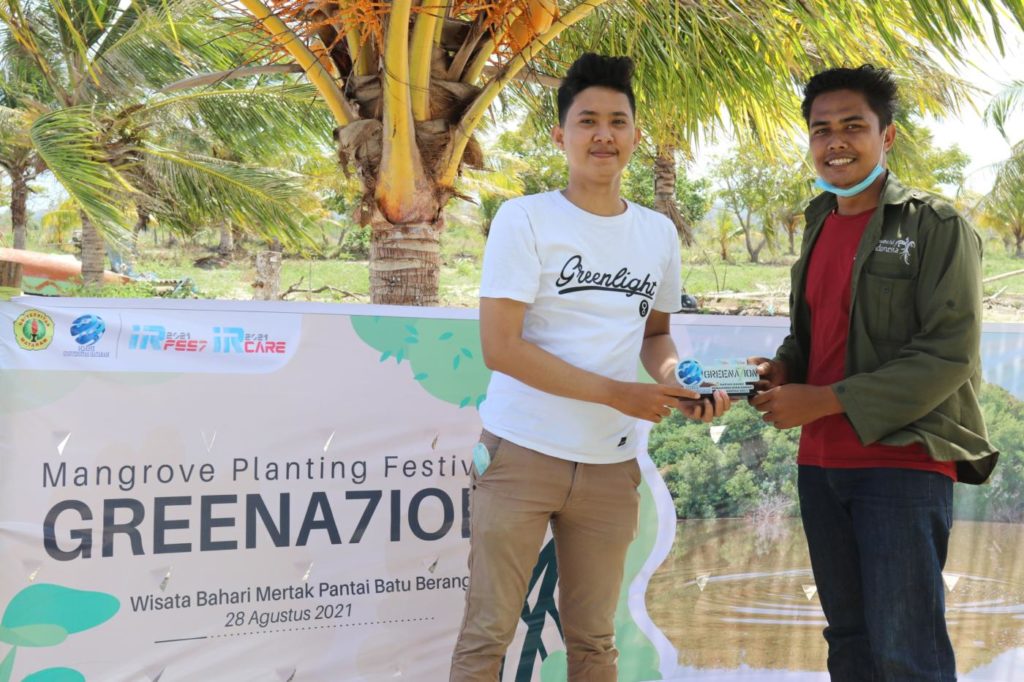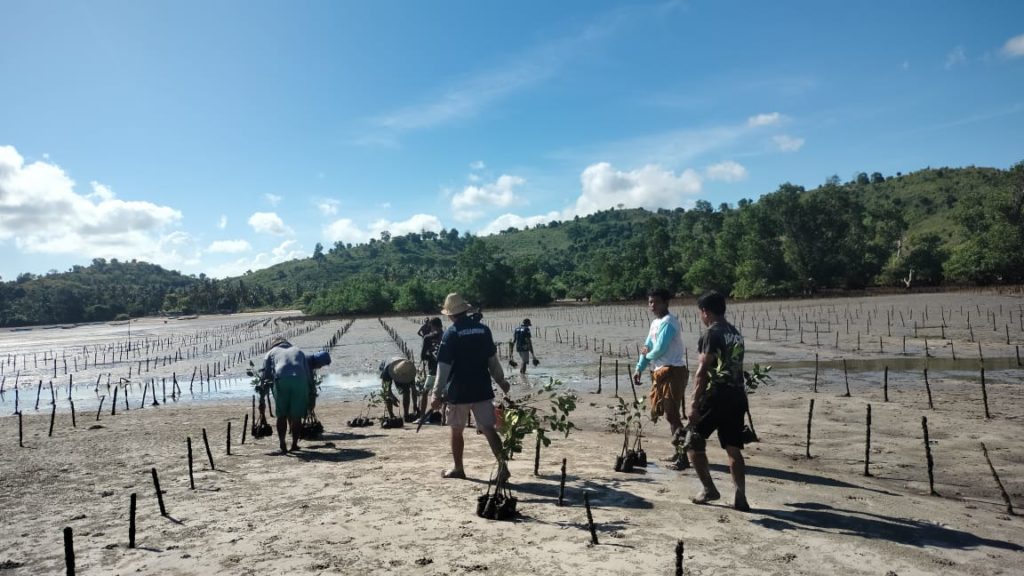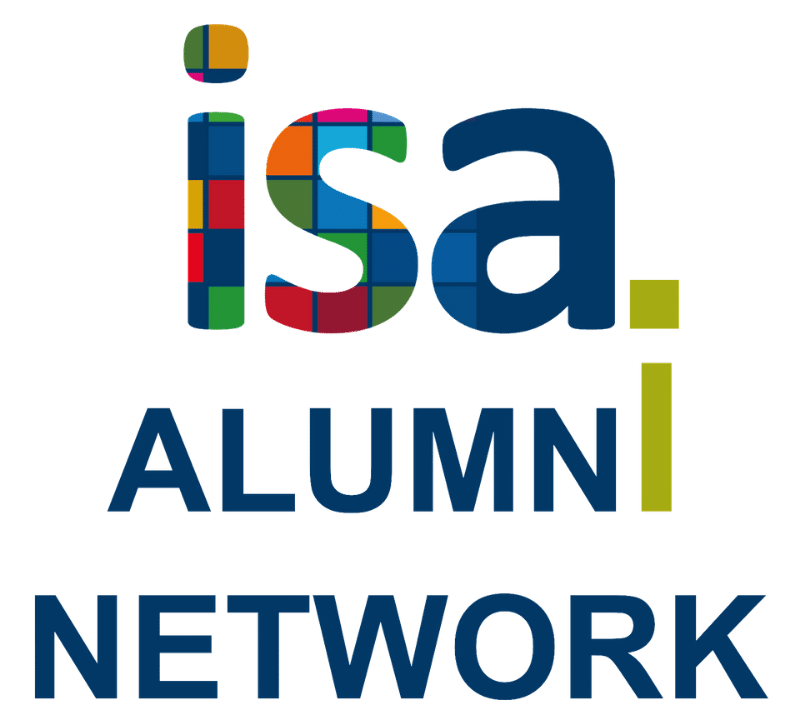
- Profile
- Blog Posts
- prev
- next
- Share Profile
- Website
- Bookmark
- Report
- prev
- next
Project Description
Mangrove conservation in Indonesia is now developed using a community-based participatory approach. The Ecological is carried out in harmony with Economical and Educational impact. Mangrove conservation is integrated with the Marine Village-Based Tourism program, a concept where the coastal community develops their mangroves not just for conservation but also for carbon offset and tourism purposes i.e: mangrove plantation trips, bird watching, and culinary centre. Due to the pandemic, the number of tourists decreased significantly and mangrove tourism is no longer profitable to improve the community income. Digitalization could help them raise income while maintaining the mangrove ecosystem at the same time.
DIGITALMANGROVE.ID is a project initiative to involve the public in the environment act to reduce carbon emissions, through a digital mangrove plantation website. We have recruited small-scale carbon offset providers in 5 locations spread in 3 Provinces in Indonesia. Donators can participate and have their own tree by donating 36K Rupiah/€2.3/USD2.5 through the website (https://www.digitalmangrove.id), and we will plant the tree at the available location in Indonesia. We track the coordinate, fill the tree donator information on the apps (MAP MARKER), and send the update every 6 months. Donators get an e-certificate/receipt and access to monitor the tree in real-time.
Partner with us
DIGITALMANGROVE.ID is a donation-based platform that provides incentives for mangrove restoration, ecology education for children, and carbon offset. We have recruited small-scale carbon offset providers in 5 locations spread in 3 Provinces in Indonesia:
- Marine Village-Based Tourism Batu Berang, Central Lombok Regency, West Nusa Tenggara Province, Indonesia.
- Marine Village-Based Tourism Bagek Kembar, West Lombok Regency, West Nusa Tenggara Province, Indonesia.
- Masina Community Awareness Group, Banjar Ausoy Village, Manimeri District, Teluk Bintuni Regency, West Papua Province, Indonesia.
- Tato Ariri Parai Community Awareness Group, Wamesa Village, Anday District, South Manokwari, West Papua Province, Indonesia.
- Marine Nature Conservation for the Country (LATUN), Bengkulu Province, Indonesia.
Partnerships in research, carbon offset, and NFT are open to individuals, NGO/NPO, environment advocates, animal advocates, private companies, and universities.
Donation link:
🌐 https://digitalmangrove.id/donation/
Find out more about our initiatives related to mangrove conservation on our website: https://www.digitalmangrove.id.
Video
Submitted Blog Posts
Business Logo
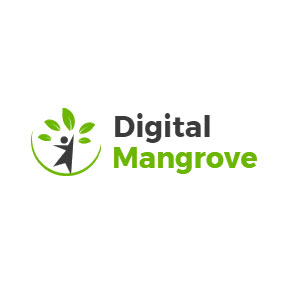
Details
-
ProjectDigital Mangrove
-
NameFuad Andhika Rahman
-
Cohort2021/22
-
Project StatusOngoing
